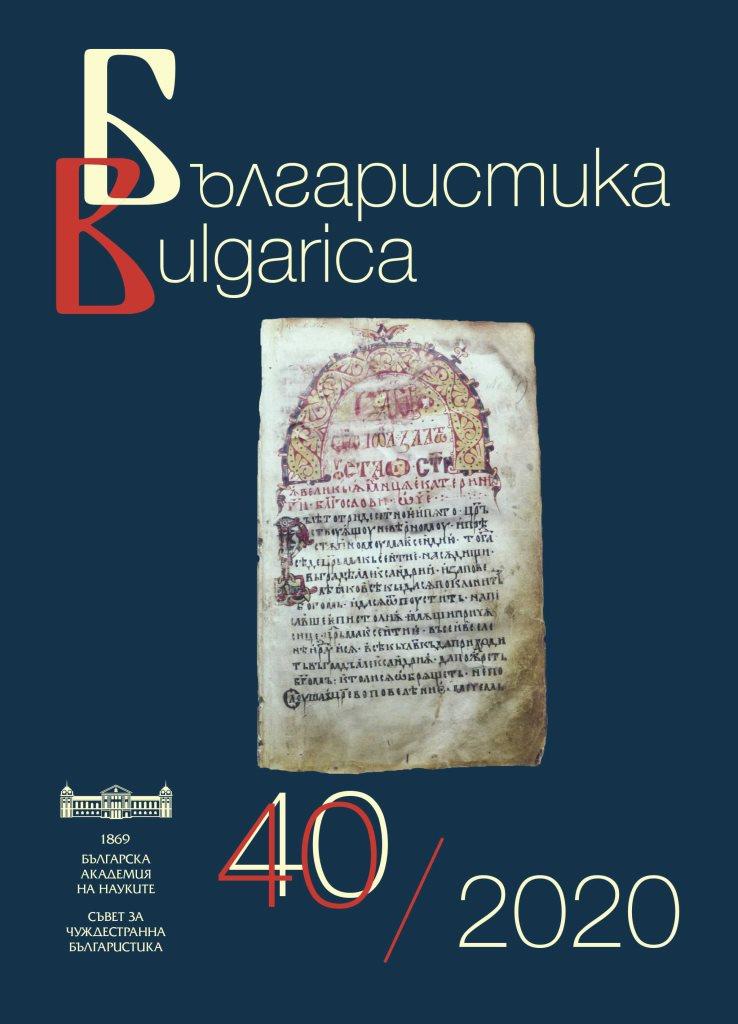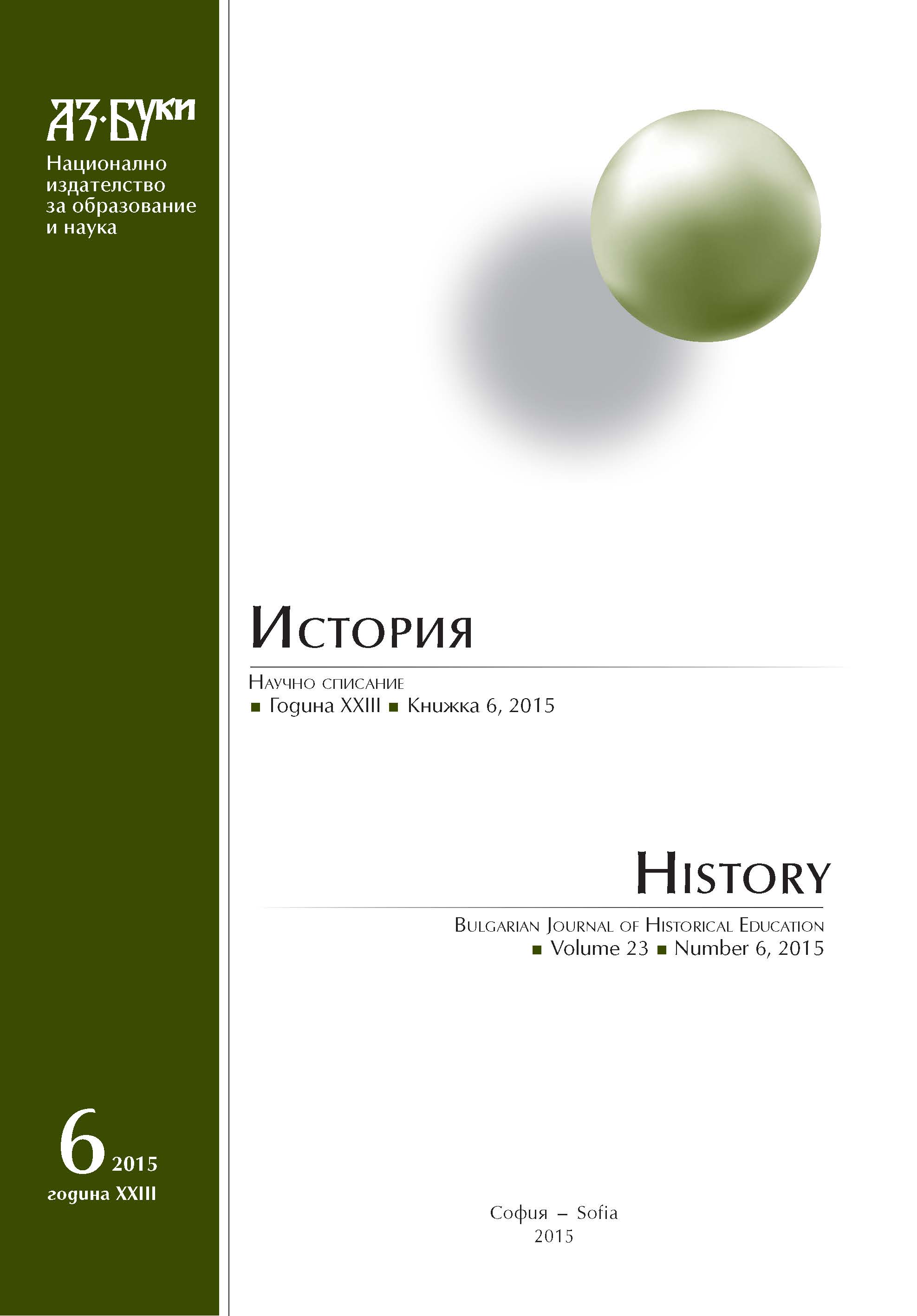
We kindly inform you that, as long as the subject affiliation of our 300.000+ articles is in progress, you might get unsufficient or no results on your third level or second level search. In this case, please broaden your search criteria.

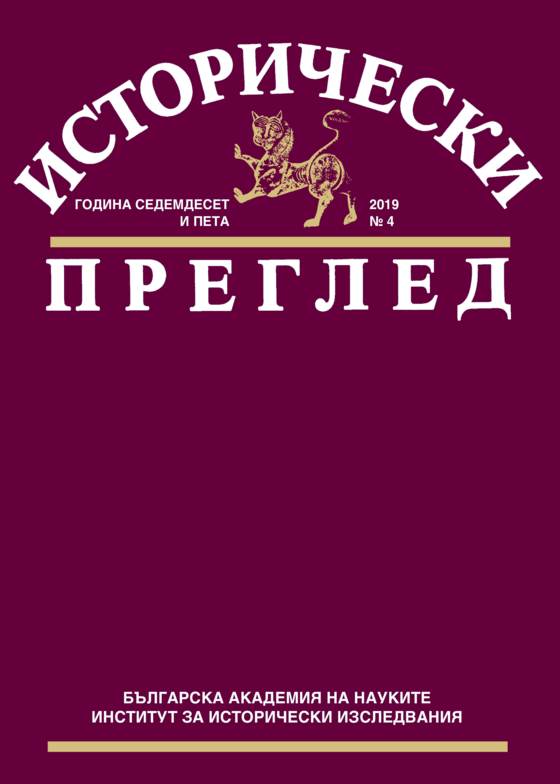
Vasil Aprilov (1789–1847) is an illustrious intellectual of the Bulgarian National Revival and contributor to the foundation of modern Bulgarian education. His works and heritage have been published and analyzed in various publications; however, the data concerning his family and genealogy are so far contradictory and inaccurate, being of subordinate importance for the major works, dedicated to Aprilov. The author resumes the publications, concerning Aprilov’s life and family, juxtaposes the genealogical data and analyzes its credibility in search of the correct family links. Besides the publications on Aprilov, the author reveals unpublished family tree of the Aprilovs, composed by Gabrovo’s local historian Iliya Gabrovski in the 1970s, stored in the State Archive – Gabrovo. Based on the analysis, the article offers a possible reconstruction of the Aprilovs’ genealogical tree.
More...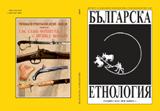
The article analyses the contemporary role of the elderly in a village community through the lens of the local notions and practices related to “Islam“ and“communism“. These two ideological commitments can be found only among the elderly people. The members of the younger generations show respect but also stay at significant distance from religious practice. They unanimously consider communism as an ideology that is fading away. In spite of this lack of engagement, over the past three decades, the tensions between the local expressions of Islam and communism, as well as their numerous entanglements, have played a key role in shaping social relationships, moral reasoning and community cohesion in the village. The article is based on ethnographic fieldwork conducted in a village located in the southern part of the central Rhodope Mountains.
More...
The articles gathered in this issue of MemoScapes, titled Frames of Reference in Central Europe, and the Black Sea Region, in the Last Two Centuries, assess the importance of nationhood in constructing the social imaginary in the above mentioned regions. Furthermore, they emphasize the national myths, the building processes of national, local, and regional identities in the post-communist/post-soviet world as well as the role played by scholars and politicians, by mass-media and social media in forging new narratives on the past, present, and future. The role of minorities and diasporic communities in the national building processes in the region are also highlighted by a number of papers.
More...
The Greeks of Tsalka is a sub-ethnic group, whose ancestors originated from the Pontus and Erzurum regions and lived for several centuries under the rule of the Ottomans. Therefore they absorbed cultural elements of many peoples of Asia Minor – Turks, Armenians, Persians, Assyrians, etc. That can be traced in their language, folklore, and rites. As a result of the Russian-Turkish wars, they were resettled to the territory of Georgia – to the Tsalka region. The migration to the territory of the Russian Empire was accomplished in several waves – after the Russian-Turkish war of 1828-1829 until the end of the 19th century. At the time of the resettlement, most of them forget their native language and switched to Turkish.After the collapse of the Soviet Union, in Georgia, the inter-ethnic issue became very acute. In conjunction with the economic crisis, the situation forced many Greeks to leave Tsalka. Currently, the Greeks of Tsalka have a little more than 50 thousand representatives, living mainly in Greece and in southern Russia. Those who moved to Greece almost immediately faced an identity crisis, as the Greek society did not welcome them well. As a result, many Greeks of Tsalka ceased to identify themselves as Greek and tried to forge new hypotheses about their origin.
More...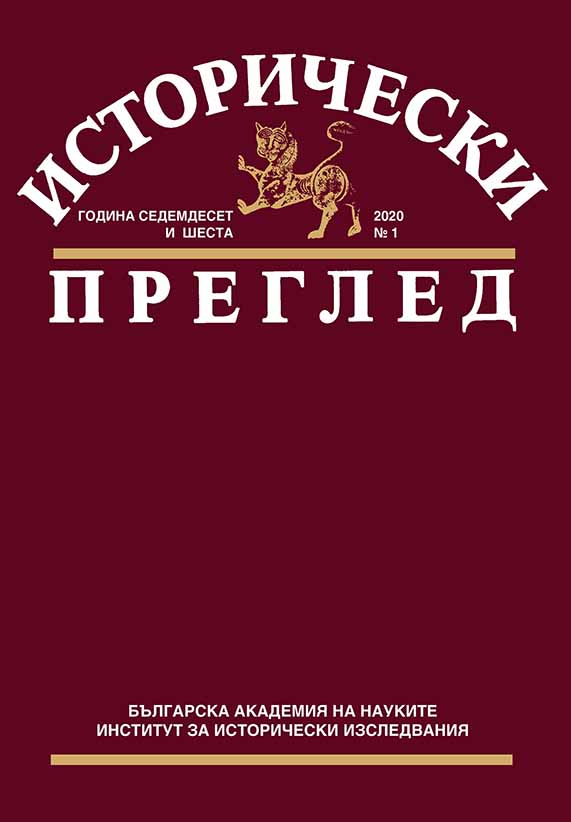
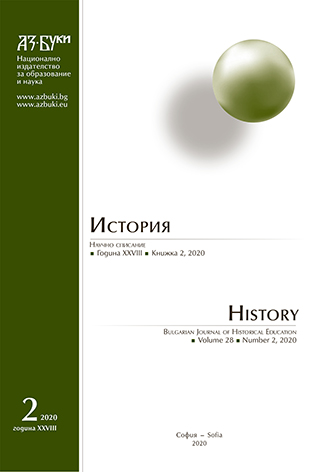
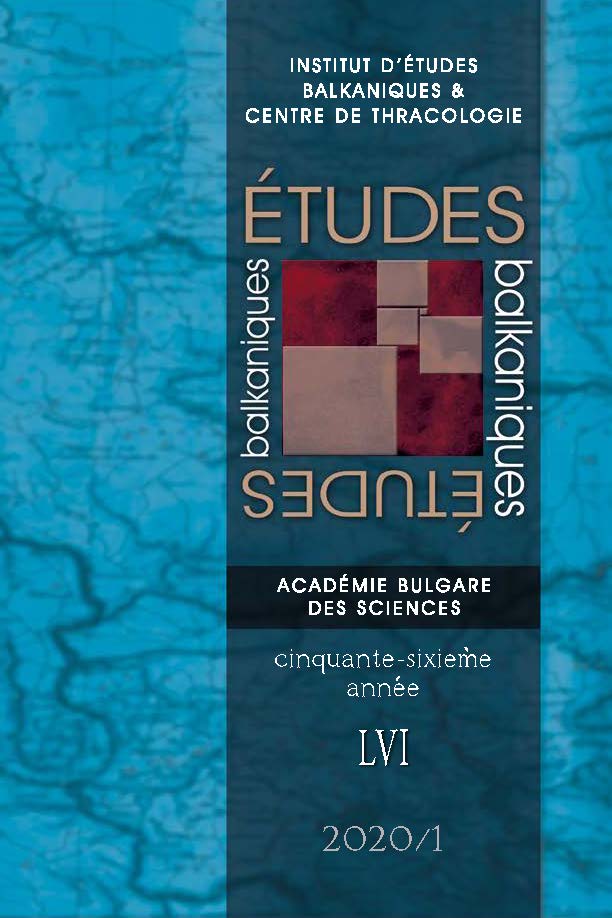
Abstract: The purpose of this text is to present several exemples of the Bulgarian history that reveal the role of the Greek language in the transfer of knowledge concerning economic life and its importance for the modernization processes of the eighteenth and nineteenth centuries. I comment on the use of Greek as a vehicle for knowledge in the field of commerce and I retrace the penetration of double-entry bookkeeping and the knowledge in commercial epistolography and geography, closely linked to commercial activities. The analysis of the correspondence of Bulgarian merchants of the 19th century reveals the current use of this language in trade, even after the cooling of relations between Bulgarians and Greeks during the second half of the 19th century due to the incompatibility of their national programs.
More...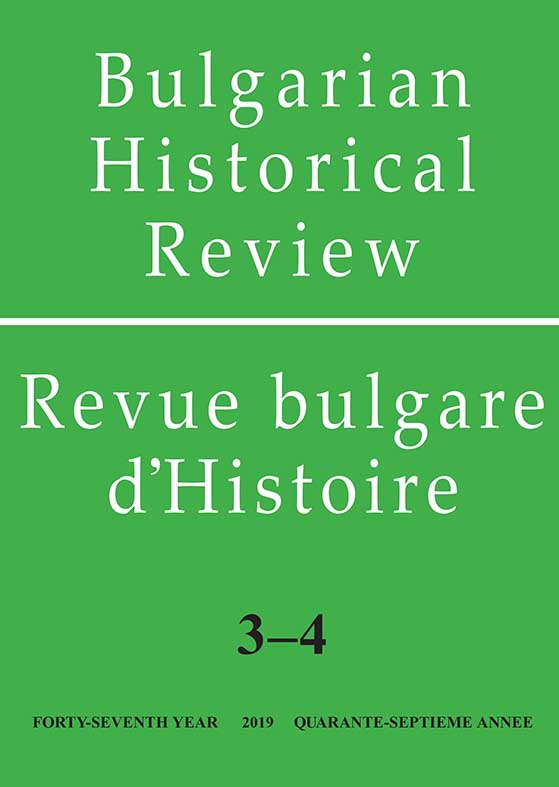
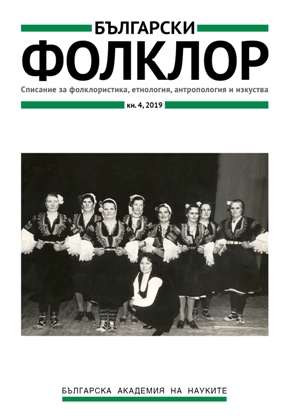
The present article is an attempt to reveal the everyday diaspora nationalism of the Bulgarians who live beyond the national borders of their country. Using the methodological advantages of the live history, the author throws light on the relations between the personal and the community dimensions and of the personal and the national in particular. The aim is to find the transection of these trajectories as far as they have their conceptualization and articulation in the narrative sequence. The life history of a Bulgarian migrant – the basketball coach Hristo Kostov – is analyzed following the different thematic nuclei in his personal autobiography and their relations with the themes of Bulgaria, the Bulgarians and the Bulgarian. Thus the article outlines from the one hand, the personal dimensions of the national as a subjective experience, and, from the other hand – the interpretation of the personal choices and of the human fate within the national.
More...
During the twentieth century, the male dance verbunk in the village of Kóny, initially performed in traditional lad societies as part of the local heritage, became a staged attraction. Between the two world wars, the Kóny verbunk was performed in the village as a representation practice of the lad societies and, as such, besides maintaining the group identity, served to indicate the spatial segregation and social differences within the local community. The decade after the Second World War brought the socio-economic transformation of local society in line with national processes. The relational network on which lad societies had been based was suppressed. In the first half of the 1950s, along with the persisting practice of the lad guilds, the verbunk became increasingly a staged spectacle for the community. At the same time, it should not be ignored that, under the supervision of the local authorities, the phenomenon shifted from the framework of church holidays to the field of political celebrations.
More...
The article represents the folklore groups created in the second half of the 20th century. They allow for the local village tradition (preserved as a living practice of its bearers) to enter the local chitalishte. The analysis of the filed-work research in the villages of Bistritsa (Sofia City Municipality) and Alino (Samokov Region) reveals different aspects of the relation between chitalishte institution and intangible cultural heritage in the changing social and cultural contexts, as well as in relation to the changing cultural policies. Thus the article offers an anthropological point of view to the transmission of traditional knowledge, skills and experience in chitalishte environment.
More...
Ethno-entrepreneurship is a characteristic mechanism for declaration of ethnic and cultural identity and a specific resource for the safeguarding of cultural heritage. The present text is an attempt to reveal how the Russian ethno-entrepreneurship is emblematized as an ethnic entity in the social environment in Bulgaria due to its media positioning. Here one should take into consideration that the representatives of this characteristic social category are naturally a part of the Russian community in Bulgaria and have to be analyzed within its parameters of being.
More...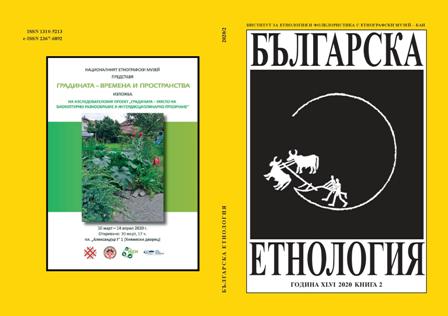
In the focus of the present study is that part of the so-called Edirnes’s or ThracianGagauzes who in the period after the Balkan wars settled in the town of Yambol and whose new location fully corresponds to one of the characteristic features of these people (especially of the groups in the Balkans) – urban manners, clothing, way of life. Thus, it is particularly important to study, this time in the context of the national state, the place and role of the town with its specific environment as a factor in the formation and restructuring of the collective memory of the Gagauzes; in the development of their communal strategies for survival and adaptation; as well as in their relations with other ethnocultural groups in Yambol, the public and cultural institutions, etc. All this will be studied through several emblematic life stories. However, their representative character and, to some extent, their exclusiveness is not only due to their instructive and factological value. The process of search, registration and study of each case, as well as their interrelations, are also of significance.
More...
Ethnic entrepreneurship is a peculiar mechanism for manifestation of ethnocultural identity and a specific resource for the preservation of cultural heritage. The topic is relatively unexplored in Bulgaria but the authors have experience in its study in general. The article attempts to clarify the terminology related to the problem and systematizes and typologies the manifestations of Russian ethnic entrepreneurship in the country. Thus, on this basis as well as with the help of the fieldwork interviews and the research of Internet publications devoted to owners of various Russian entrepreneurial structures and their staff (Beryozka and similar retail stores as well as representatives of various types of individual businesses) the study searches for and finds (or does not find) manifestations orientated towards preservation of the Russian cultural heritage in the Bulgarian social environment.
More...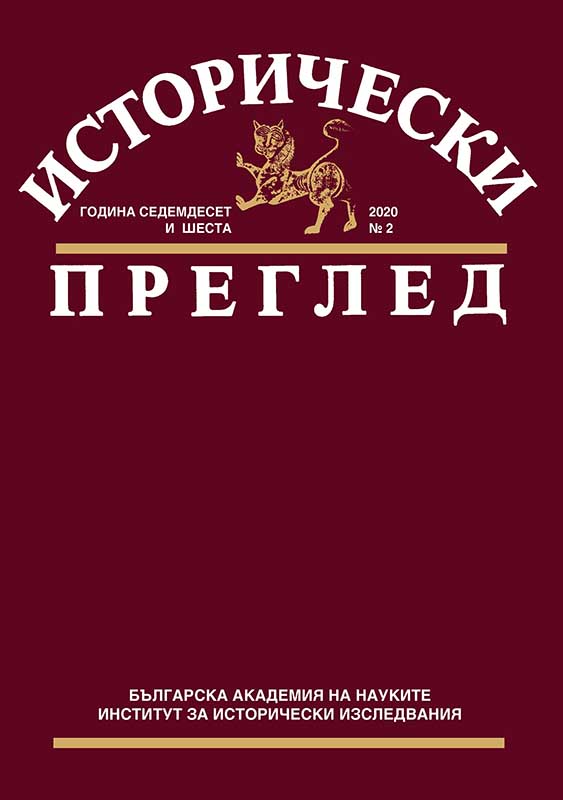
This study tries to delineate the socio-religious profile of Sofia slaveholders in mid-16th – mid-18th centuries mainly on the basis of relevant documents found in the local Sharia court’s registers dating from the same period. The analysis of a sample of 211 slave-owners reveals, first of all, that slaveholding in Ottoman Sofia was relatively widespread, comprising not only the provincial askeri elites but also the representatives of the lower strata of the askeri group, as well as ordinary citizens – traders and craftsmen, including (although, on a very modest scale) non-Muslims. Secondly, the examination of the documents in the sample showed a slight preponderance of cases, in which slave owners and ex-owners proved themselves supportive and helpful in one way or another to their slaves and ex-slaves. In this context the symbolic value of the slaveholding as an emblem of status and piety has been discussed, especially in connection with the phenomenon of some relatively poor and/or newly-Islamized people joining the ranks of slaveholders.
More...
The article is dedicated to an episode of the cultural relations between Bulgaria and Poland immediately after the First World War. This was the time when their political and ruling elites realized that the two Slavic states would not receive the diplomatic support of the great powers and their neighbors to realize their national ideals. That was why they united around the concept of informal - scientific, personal and collective – contacts as a way to get to know each other and draw closer. This idea was carried out through the exchange of two delegations. On September 5, 1923, a Bulgarian cultural and educational group left Sofia for Poland. Among its members was Dr. Boris Vazov – chairman of „Slavyanska Beseda“, a prestigious journalist and public figure who was committed to sending daily articles covering the trip. In them he dwells on important events in Polish history, life, culture, economy and psychology of the Polish people, shares impressions of the patriotic feelings of Poles and their respect for the heroes who played an important role in national preservation.
More...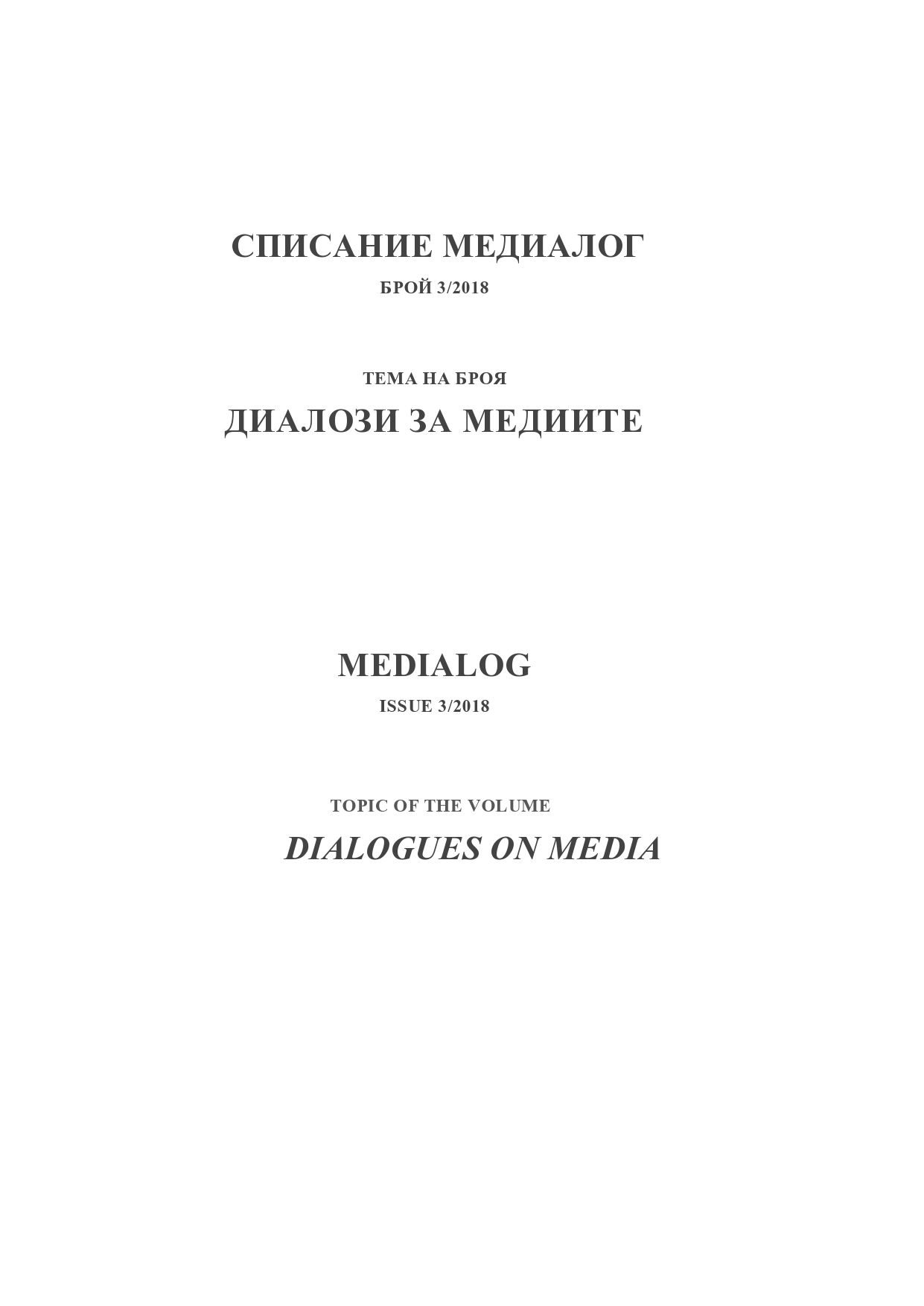
The text deals with the mutual influences – the infestations – between different parts of the world in the newer stages of its development. Answers are sought to questions from different levels of analysis: from the point of view of Bulgaria, as а former socialist state, whether for 28 years could be outdated the past nearly 45 years; from a global perspective, how the self-awareness of young states, former colonies, reflects on the general development of the world; from third part – can the historical justice be restored, and if the answer is positive – to what extent. "Where" in the subtitle refers to ideological, historical, value, self-consciousness and self-determination connotations.How does the colonial history of Western European countries relate to the present? How the filling of the white spots of the past is superimposed on the claims of (Western) Europe, which advocates the myth of itself as more civilized, more liberal, more tolerant. With a number of examples is argued the power of ideological influence, which is difficult to overcome by historical science and even more difficult by the media. The thesis is also about the "restoration of the historical justice".A little more than 25 years after 1989, we are trapped in a trap set by ourselves as humanity: against the backdrop of a suppressed and unknown history that has developed mainly Eurocentric to almost the present day, decades of strong ideological influences, controversial morality, wick allows a lot of money from western companies and individual PR consultants to work to polish the images of modern dictators – we cannot find out which news about / from the world are true and which do not.
More...